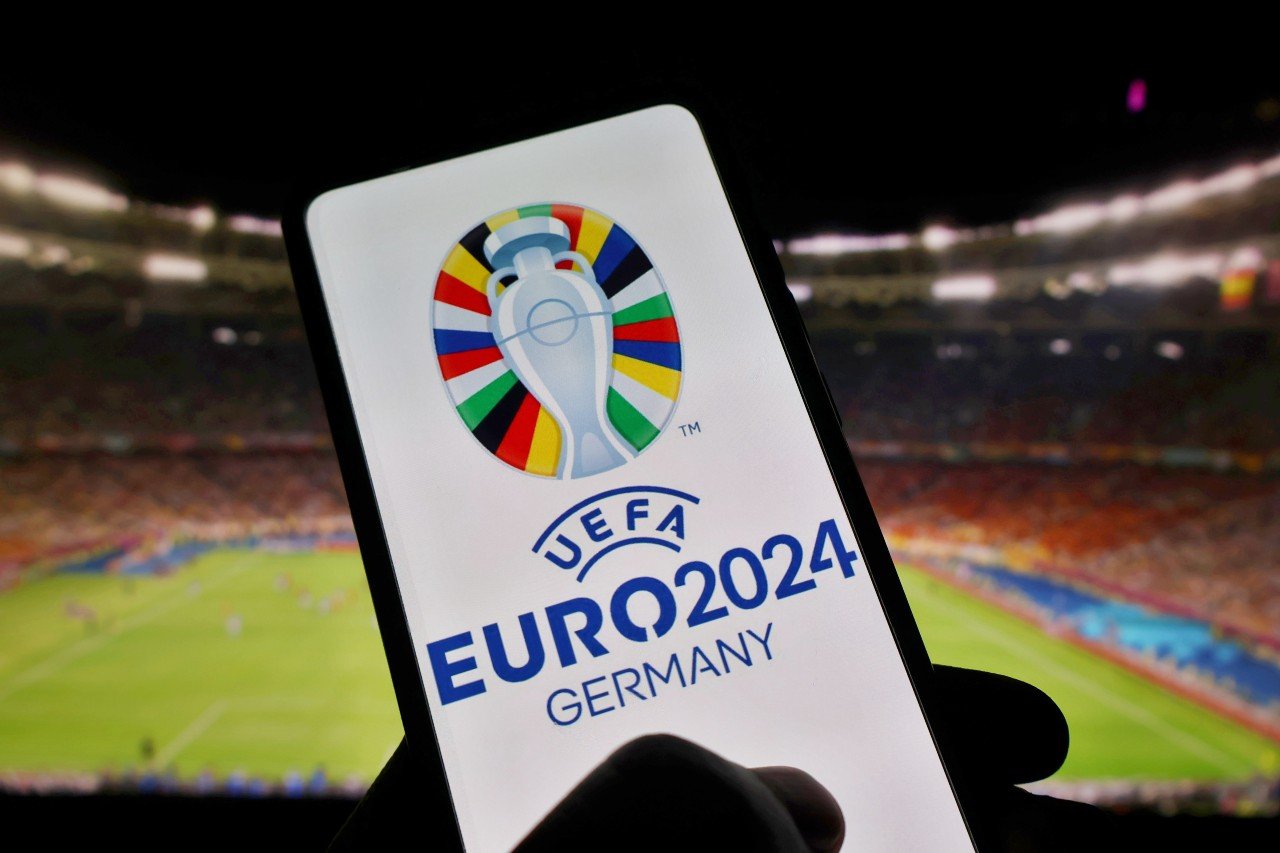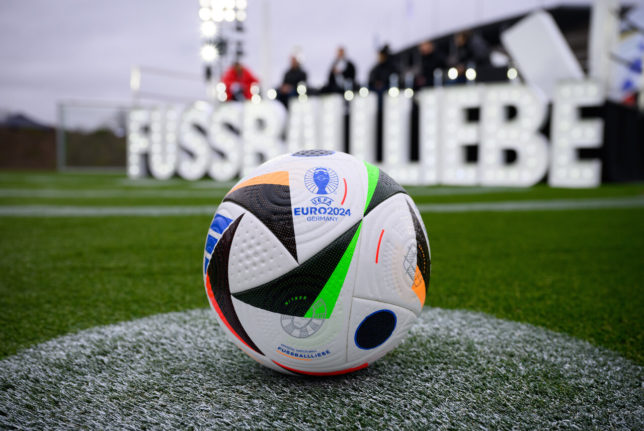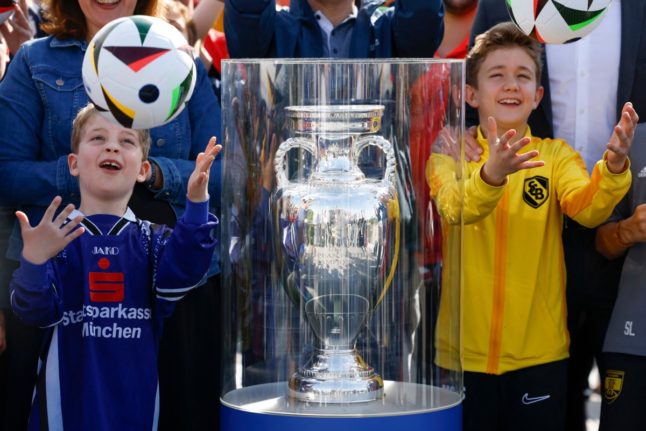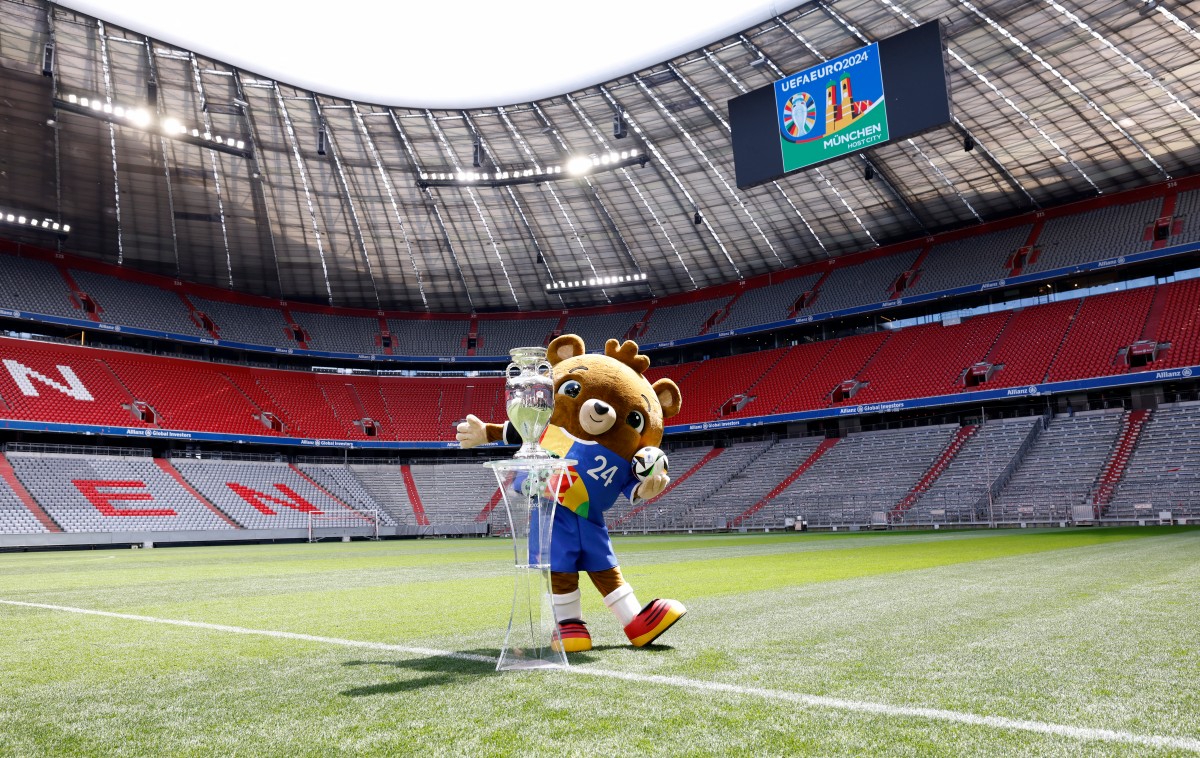What’s happening?
Germany is getting ready to host the European Championships – or Euros – next year.
The national football team will kick things off at the opening match in Munich on June 14th, while the final will be hosted in Berlin a month later on July 14th.
Fans hoping to attend games, which are being held at various locations across Germany, have already had once chance to get into the draw for tickets which are allocated through a lottery system.
And the second round of tickets can be applied for from Monday December 4th.
READ ALSO: Euro 2024 – Germany to sell cheap rail tickets for fans attending games
This time, however, tickets are being targeted to those who want to support the teams that have qualified.
The ticket release happens after the final tournament draw, which takes place on Saturday December 2nd at 6pm in Hamburg.
The draw will be streamed live on UEFA.com and UEFA’s 2024 app, while some broadcasters will also air it.
After this, it will be revealed when major teams like Spain, France and England will be playing in the group stages and in which stadiums they will play. As the host nation, Germany already has a spot in Group A and in the opening match.

What do I need to know about tickets?
As in the first phase, around a million tickets are for sale. After the second sales phase is completed, 2.2 million of the total 2.7 million tickets will be gone.
However, this time tickets will be allocated to supporters of the qualified teams “in close cooperation with the national associations concerned” following the final tournament draw, according to UEFA, who have more information on the tickets allocated to different countries published here.
There are three options for Germany fans. The largest number of tickets will go to the National Team Fan Club (Fan Club Nationalmannschaft), which has around 55,000 members. There was also the option of registering an independently organised fan club with the German Football Association (DFB). They also receive a fixed number of tickets.
Another option is to register on your own. To participate in this, you have to pay €5 for the costs of the registration and the process.
Tickets for any games played by the German team in the knockout rounds from the round of 16 onwards will only go on sale after the group phase. In all cases, tickets will be distributed in the order in which registrations are received.
When it comes to the cost, fans may have to dig deep – but deals are also available. The cheapest tickets in the regular segments cost €30, while the most expensive will set you back €1,000.
Who will play when and where will be decided at the group draw on December 2nd in the Hamburg Elbphilharmonie.
A total of 21 teams have already qualified, while three more will be determined in play-off games in March 2024.
What else should ticket buyers know?
Each person can order up to four tickets per game.
According to UEFA, the tickets cannot be returned.
“If you were successful in the raffle, you must pay for all tickets that were allocated to you,” it says. The recommendation is therefore to only apply for games that you actually want to attend.
UEFA is making it possible to resell tickets through official channels, however, the association points out that the resale of tickets can’t be guaranteed.
The tickets are conditionally transferable. If you are unable to attend a game for health reasons, for example, you can pass your ticket on to a friend or family member after submitting the details of the new ticket holder.
What happened in the first round of ticket sales – and what happens next?
As we mentioned, the first 1.2 million tickets have already been allocated.
The public round of sales kicked off on October 3rd and ran until October 26th on the official UEFA website, with the football association reporting that around 20 million people applied for a coveted ticket.
Tickets were allocated through a lottery system, with successful and unsuccessful applicants being notified by email or on the UEFA fan portal.
READ ALSO: EXPLAINED: How to get tickets for Euro 2024 in Germany
Following the December ticket allocation, some tickets will be held back “for sale to supporters of the national teams that qualify through the UEFA Euro 2024 play-offs, scheduled for March 21st and March 26th 2024”, according to UEFA.




 Please whitelist us to continue reading.
Please whitelist us to continue reading.
Member comments